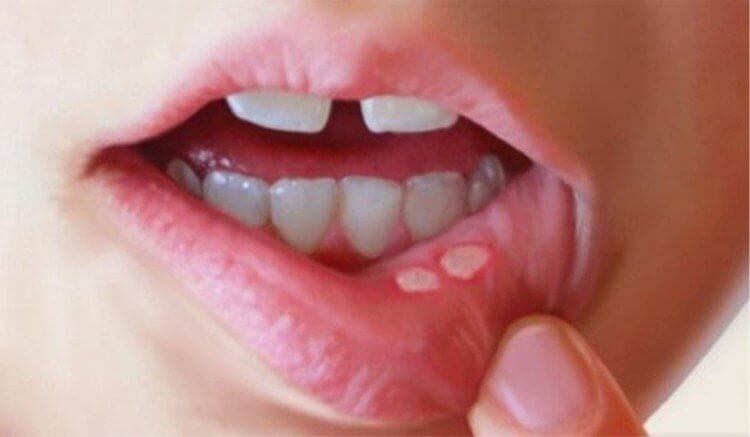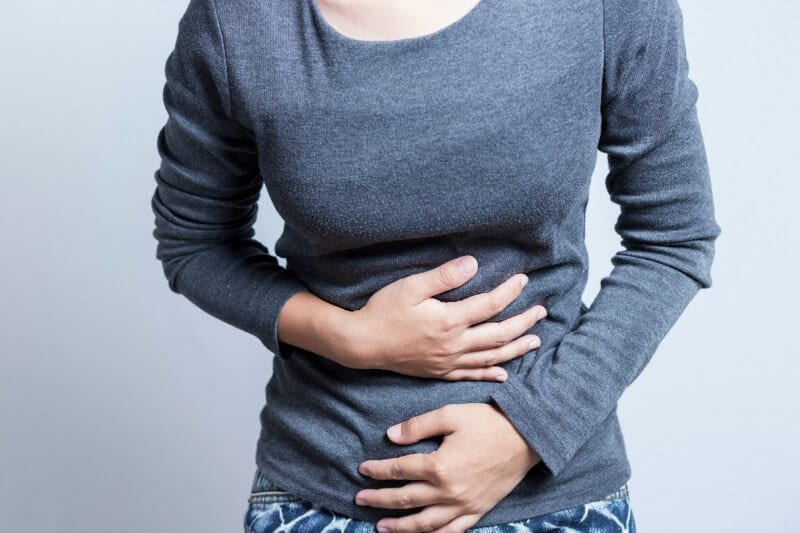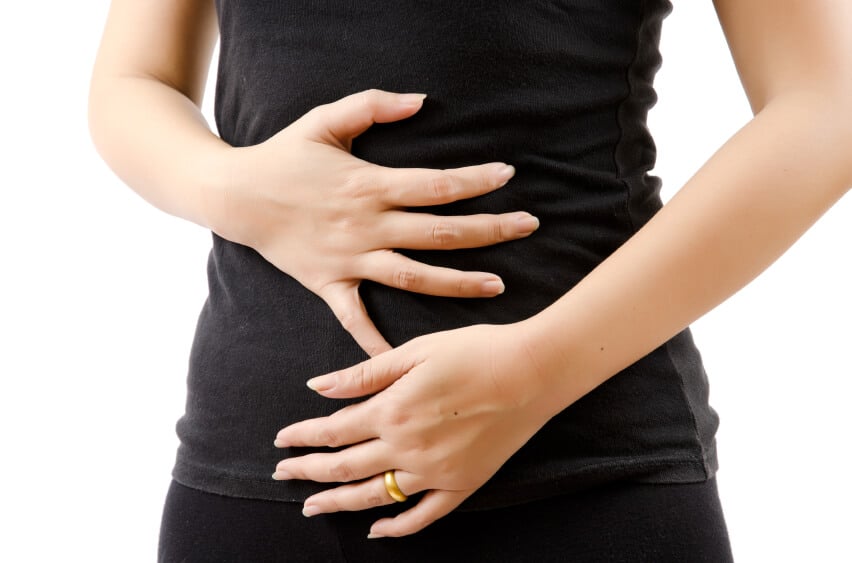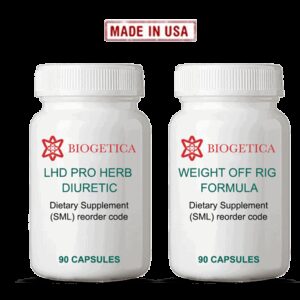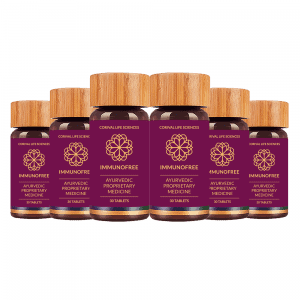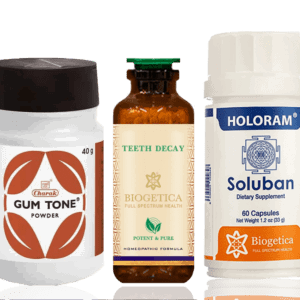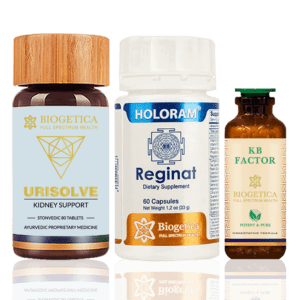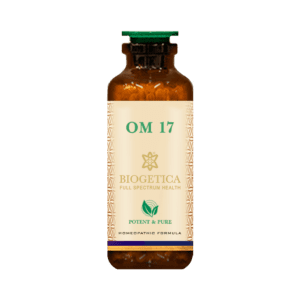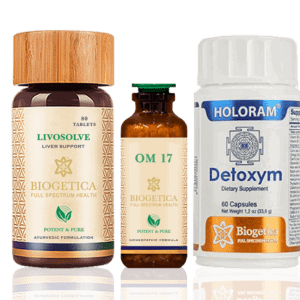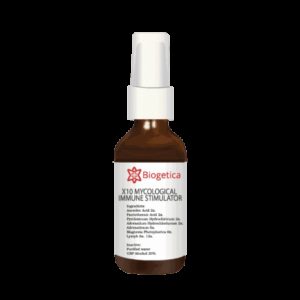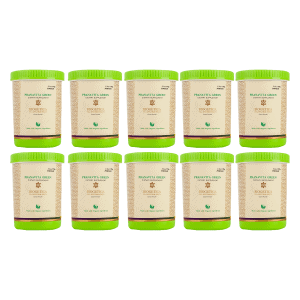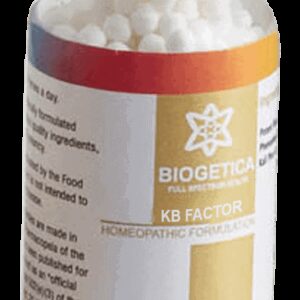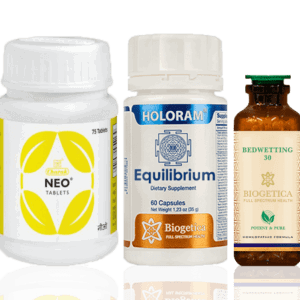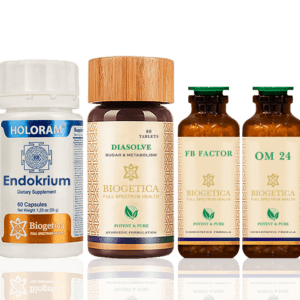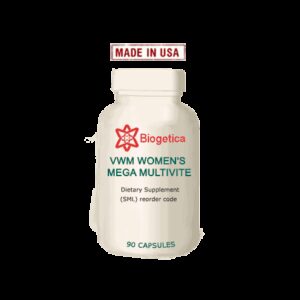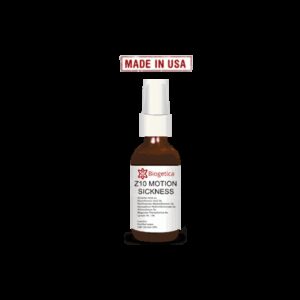Arthritis, a musculoskeletal disorder that causes inflammation of one or more joints and is marked by stiffness and severe pain, is also known as a musculoskeletal disorder. Over 100 different types of arthritis exist, but osteoarthritis is the most common. The most common cause is daily wear and tear, which worsens as we age. There are also other types of arthritis such as rheumatoid and psoriatic, which are auto-immune disorders, infectious arthritis (septic), juvenile arthritis, etc. Joint pain is the most common complaint among arthritics. Pain is usually constant and localized in the affected joint. Joints become stiff, painful, and inflamed, causing them to change in a negative way. The treatment usually involves medications such as acetaminophen, paracetamol, and NSAIDs like ibuprofen.
Most conventional medications, however, only address the symptoms and do not treat the root cause. They are also associated with serious side effects. More and more people choose natural remedies to manage symptoms and treat the condition.
The following list contains some of the best natural products to help with joint function, symptoms, and mobility.
-
Turmeric and Ginger Tea
Both turmeric and ginger have anti-inflammatory properties that help strengthen joints. You can take it in capsule form, or you can make an infusion to enjoy as a daily cup of tea.
Instructions for making tea
Add 1/2 tsp. of turmeric and ginger to 2 cups of boiling water. Allow it to simmer for 10 – 15 minutes. Strain, add honey, and drink the infusion two times daily.
-
Massage with Extra Virgin Olive Oil
Oleocanthal is one of the most important components in extra virgin oil. It inhibits the enzymes that cause pain. According to research, 1 1/2 tablespoons of oil are equivalent to 200mg of ibuprofen. Since heat destroys the oleocanthal in this oil, you must use either extra virgin or cold-pressed varieties. The oil can also be consumed internally for additional benefits. However, due to its high calorific content, it is used topically and locally.
Use the Following Instructions
Massage a little olive oil onto sore joints two times a day. It is beneficial to drink 2-3 tablespoons of olive oil daily, but you should replace the calories with another fat.
-
Dandelion Leaves
These leaves contain vitamins A and C and can aid in the repair of damaged tissue. They also help the liver to remove toxins from the blood. Due to their linoleic acids, they also have anti-inflammatory properties. Dandelions can be used to make tea or added to a salad.
Use the following instructions:
Add 3 tsp fresh leaves or 1 teaspoon dried leaves to 1 cup boiling water. Strain and drink the mixture twice daily. You can use the greens to make a simple salad by mixing them with other ingredients, or you can eat them with extra virgin oil.
-
Epsom Salt Bath
Epsom salts are magnesium sulfate. Magnesium, a mineral that is essential for optimal body functioning, is found in Epsom salts. It is used in more than 300 biochemical processes. It strengthens our bones, regulates our temperature, relaxes our muscles and nerve ends, and does much more.
It is possible to relieve the pain by soaking the affected joint for at least 15 minutes in warm water containing 1/2 cup of Epsom.
-
Exercise
It is impossible to overestimate the importance of staying physically active. Exercise is proven to have many benefits. Even though it may seem difficult with stiff joints, moderate activity has many advantages. It promotes digestion, strengthens muscles that hold the joints together and helps to lubricate the joints by allowing synovial fluid to point them better.
-
Supplement your Diet
Diet plays a vital role in boosting your immune system and strengthening bones. Many times, our diets do not provide enough nutrients. It is best to supplement the nutritional deficit by taking nutritional supplements.
The body is a complex, natural structure. However, the constant infiltration of toxic substances, the unhealthy lifestyles we lead, and the wear and tear it endures as we age, all take a toll. Joints are as vital as the heart and lungs. The earlier we take precautions, the better our chances are of maintaining and strengthening them as we age.
Biogetica maintains optimal joint health by formulating products that bring balance to the physical, energetic, and informational spectrums of life. Our products do not just treat the symptoms but also the root cause, resulting in lasting health. For more information about our products or to get free consultations with our doctors on any health-related concern, consult our doctors for free at www.Biogetica.com





